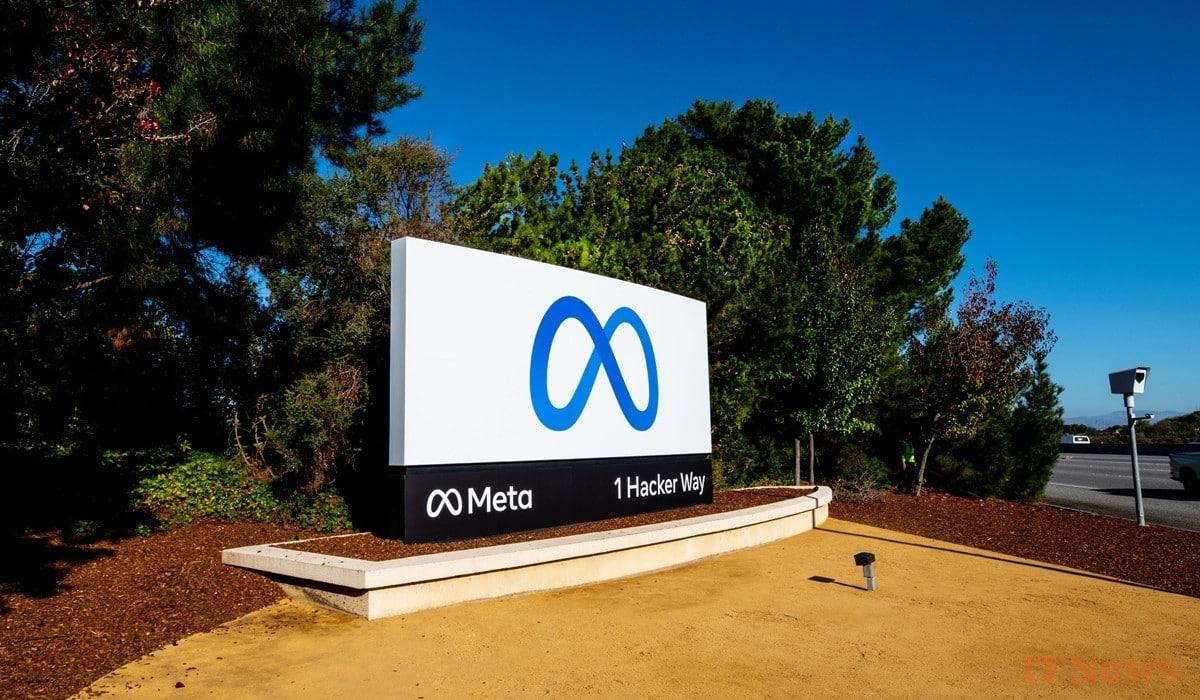Meta is no longer hiding its ambitions in robotics. The firm of Mark Zuckerberg has announced the creation of a new division within Reality Labs, its division dedicated to advanced technologies. The goal: to design humanoid robots powered by artificial intelligence that can interact with consumers.
These machines, which will be based on the Llama platform, could benefit from advances in smart glasses and neural interfaces. With 650 million downloads, Llama is already establishing itself as an essential language model. Meta's idea: to use these technologies to create robots equipped with sensors and flexible hardware, capable of adapting to everyday uses.
Apple is moving cautiously into the field of domestic robotics
Apple, for its part, is playing the discretion card. According to Bloomberg, a small group of engineers has been working for several years on a domestic robot, designed to assist households in their daily tasks.
Although the firm of Tim Cook has not yet made anything official, its expertise in intuitive interfaces, advanced sensors and data security could give it a serious advantage over Meta. It remains to be seen whether the company will consider this initiative as a simple experiment or whether it will decide to make it a strategic product to compete with its competitor.
Health, a key area for intelligent robots
While humanoid robots are envisaged for the home, their potential goes far beyond household tasks. In the medical sector, they could revolutionize practices, like the models already developed by Diligent Robotics, capable of transporting supplies or managing protective equipment for healthcare workers.
Advances such as ultra-precise tactile sensors could also improve patient monitoring or assistance for people with reduced mobility. If robotics becomes as mainstream as smartphones, hospitals and nursing homes could be the first beneficiaries.
This competition between Meta and Apple could transform the market. Meta seems poised to provide the artificial intelligence and algorithms, leaving the hardware to specialized companies like Unitree Robotics or Figure AI Inc..
Apple could favor complete integration between hardware and software, true to its DNA. But a major challenge remains: how to convince consumers to welcome a humanoid robot into their home? Between privacy concerns and questions about the real usefulness of these machines, the road to mass adoption is still fraught with pitfalls.



0 Comments